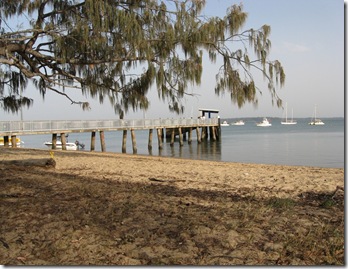This is a very surprising story. Stimulating the right whisker in a rat has remarkable effects on blocked blood flow in its brain:
This is going to be hard to test on humans, as ethics committees probably have something to say about experiments involving deliberately induced strokes. But as the researchers say:A stroke usually happens when a main artery bringing oxygen and nutrients to the brain either ruptures or is blocked by a clot, causing partial brain death. The key to preventing strokes in rats whose main cerebral artery has been obstructed, UCI researchers found, is to stimulate the middle part of the brain.
The team discovered that mechanically stroking just one whisker for four minutes within the first two hours of the blockage caused the blood to quickly flow to other arteries - like cars exiting a gridlocked freeway to find detours.
But unlike freeway off-ramps, which can quickly clog, the alternate arteries expanded beyond their normal size, opening wide to allow critical blood flow to the brain. The technique was 100 percent effective in preventing strokes in rats with arterial obstruction.
In people, "stimulating the fingers, lips or face in general could all have a similar effect," says UCI doctoral student Melissa Davis, co-author of the study, which appears in the June issue of PLoS One."It's gender-neutral," adds co-author Ron Frostig, professor of neurobiology & behavior.
He cautions that the research, funded by the National Institutes of Health, is a first step, albeit an important one. "This is just the beginning of the whole story," he says, "with the potential for maybe doing things before a victim even reaches the emergency room."....
People believed to be suffering a stroke are currently told to lie still and stay calm in a quiet environment. Frostig says a good massage, listening to a song or otherwise stimulating the right nerve endings might work better.Kleinfeld cautions that the rodent findings might not be relevant to humans. But with such clear evidence that strokes in rats were prevented, he says, "it would be criminal not to try" controlled human studies. That could be tricky, since it's not possible to predict when someone will have a stroke.




